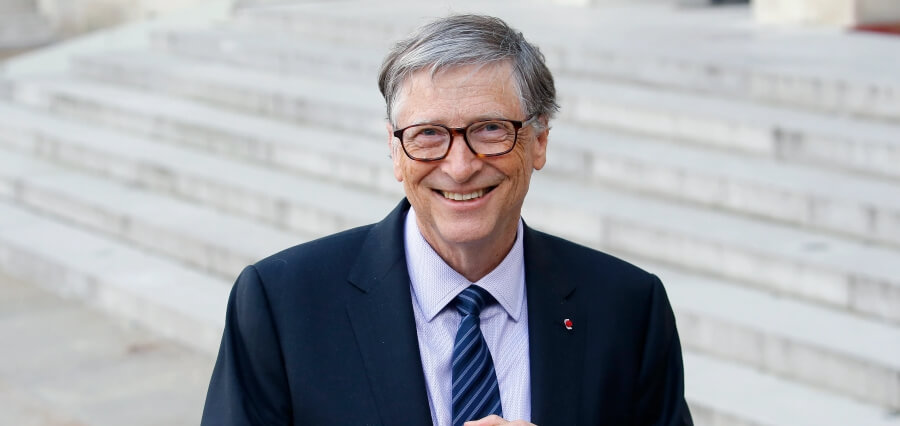Bill Gates, the founder of Microsoft, believes artificial intelligence may make a three-day workweek feasible, so forget about the four-day workweek.
Gates is surprisingly optimistic about a utopian future in which “machines can make all the food and the stuff, and we don’t have to work as hard,” despite concerns that humanity will find it difficult to compete with computers and experience widespread unemployment.
In a recent interview with Trevor Noah for the “What Now?” podcast, Gates stated, “The productivity gain you get from AI in the near term is very exciting.” “It’s eliminating some of the tedious work.”
He believes that greater efficiency will allow the working population to reduce their efforts, despite the fact that many leaders see it as an opportunity to get more out of their employees.
“It’s probably OK if you eventually get to a society where you only have to work three days a week,” stated the world’s fourth richest man.
“If you free up human labour, you can help elder people better, have smaller class sizes – you know, the demand for labour to do good things is still there,” he stated. “And then if you ever get beyond that, you have a lot of leisure time and you’ll have to figure out what to do with it.”
The tech entrepreneur, tuned-philanthropist, and 68-year-old has gained a more philosophical perspective on the value of work overall, saying, “If you zoom out, the purpose of life is not just to do jobs.”
It wasn’t just Gates who foresaw that AI would eliminate the need for workers to put in more than five days a week in order to make a living.
Jamie Dimon, the CEO of JPMorgan, recently reiterated that technology will ensure that future generations of workers “live to 100” and only have a 3.5-day workweek.
Even Elon Musk, the owner of Tesla and X, who is a big believer in staying up late and sleeping in the office to demonstrate your commitment to your work, believes AI will eliminate the need for labour altogether and lead to “universal high income.”
If you want to work for yourself, you are free to do so. However, at the U.K. AI Safety Summit, Musk told British Prime Minister Rishi Sunak, “AI could do everything.”
Simultaneously, investment bank Goldman Sachs has projected that in the upcoming years, artificial intelligence (AI) could replace the equivalent of 300 million full-time jobs worldwide.
Arvind Krishna, the CEO of IBM, said that automation will start with “repetitive, white-collar jobs,” but he added that this does not mean that jobs for humans will disappear.
Read More: Click Here





